Horace Ové
Pressure. 1976.
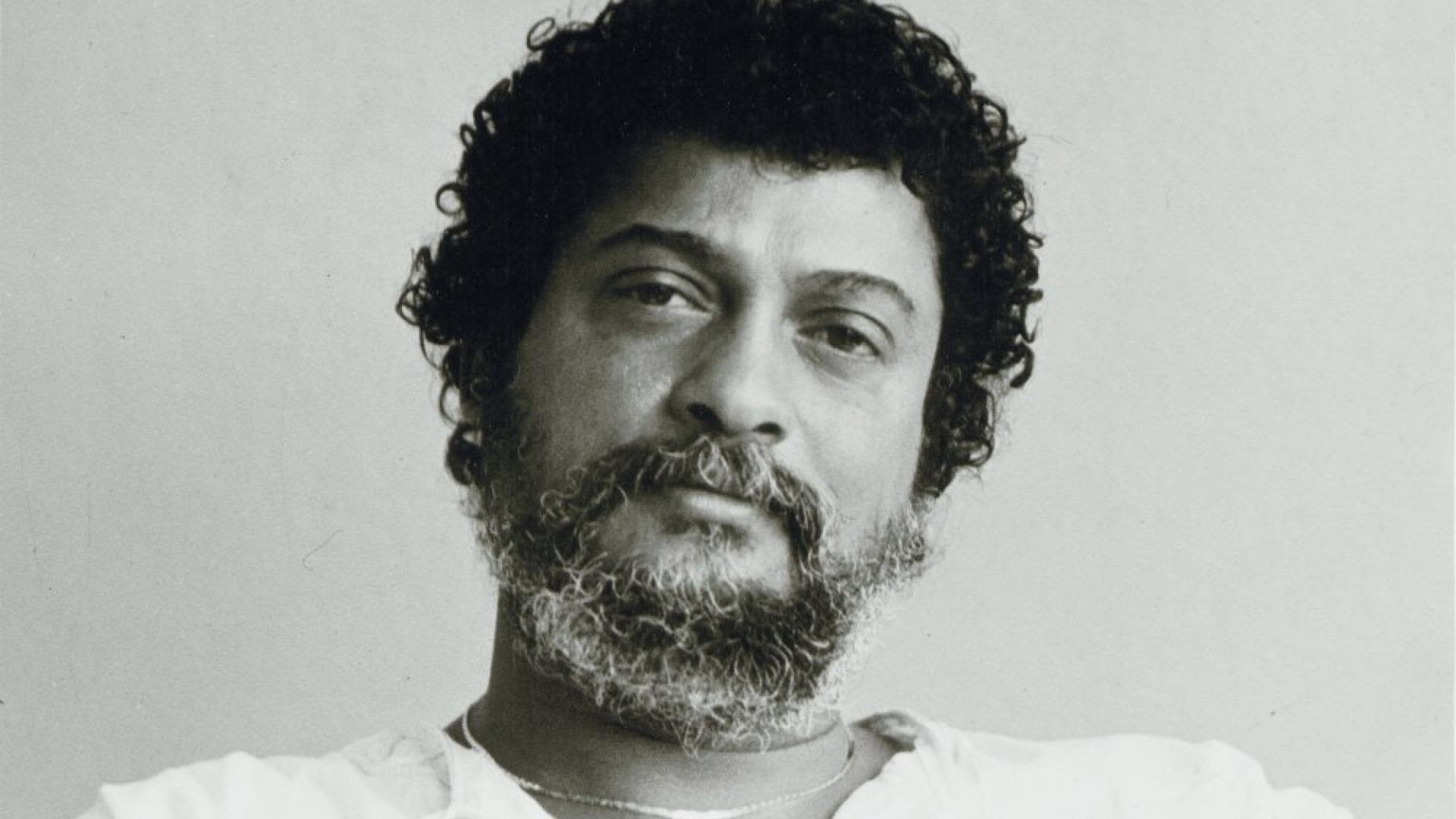
Trinidad-born Horace Ové co-wrote and directed West London drama Pressure, which was released in 1976, starring Herbert Norville. It tells the story of a young Black man who endures discrimination despite his best efforts to blend in with society.

Hailed as Britain's first black feature film, Pressure is a hard-hitting, honest document of the plight of disenchanted British-born black youths. Set in 1970s London, it tells the story of Tony, a bright school-leaver, son of West Indian immigrants, who finds himself torn between his parents' church-going conformity and his brother's Black Power militancy.
As his initially high hopes are repeatedly dashed – he cannot find work anywhere, potential employers treat him with suspicion because of his colour – his sense of alienation grows. In a bid to find a sense of belonging, he joins his black friends who, estranged from their submissive parents, seek a sense of purpose in the streets and in chases with the police.
An angry but sincere and balanced film, Pressure deals with the identity struggles that children of immigrants have to face and Horace Ové makes the most of his combination of professional actors and local non-actors from the streets of London.
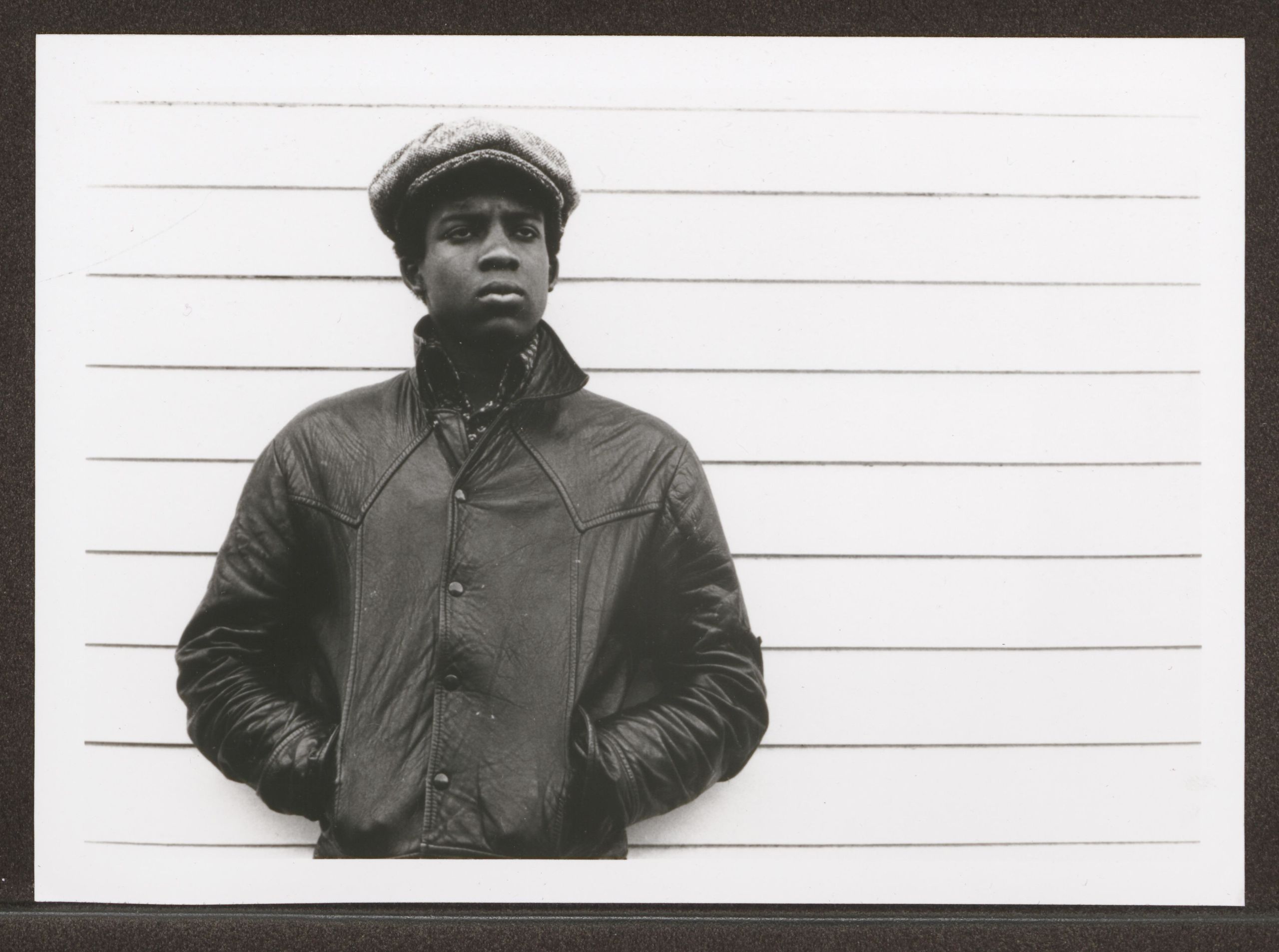
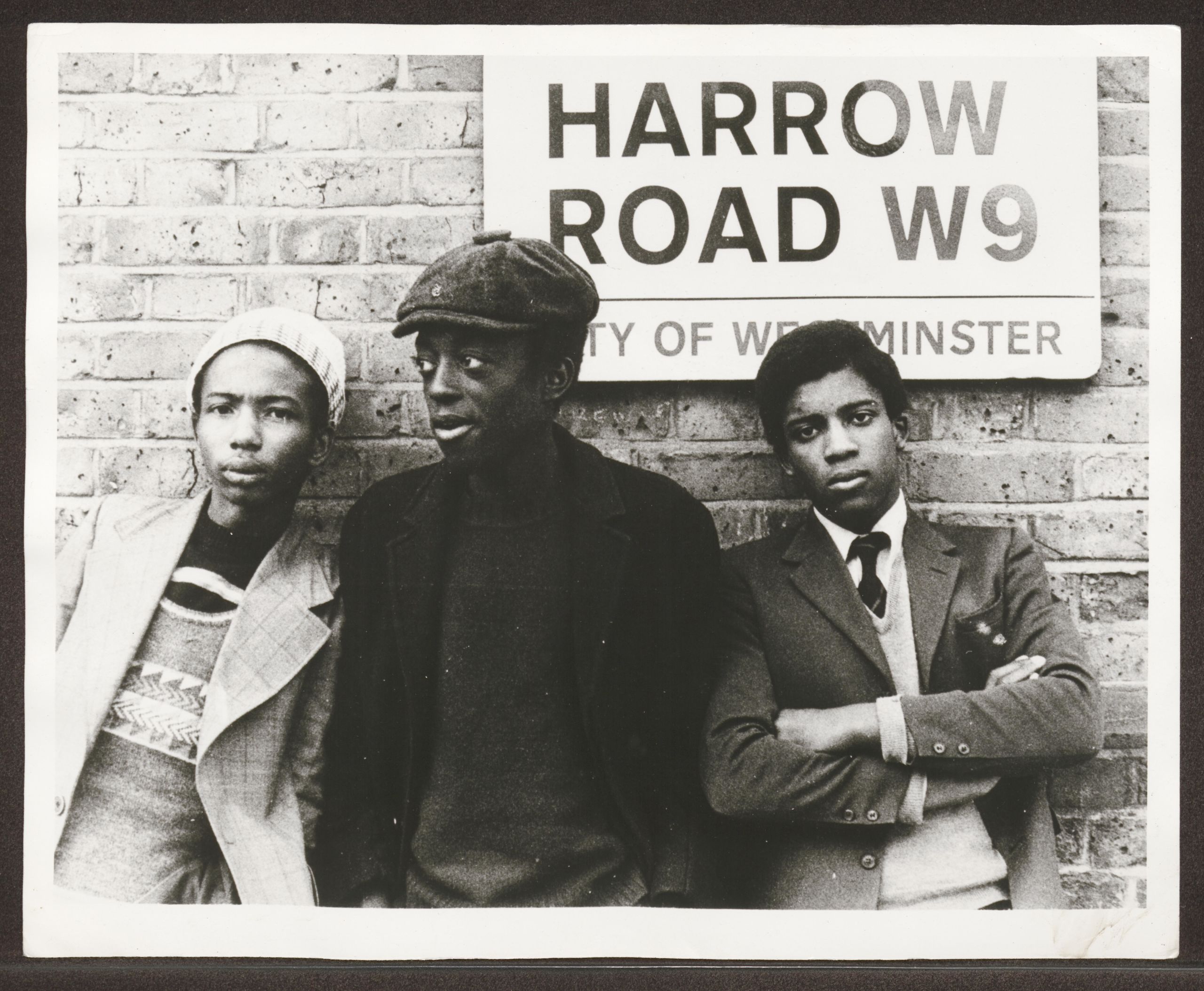
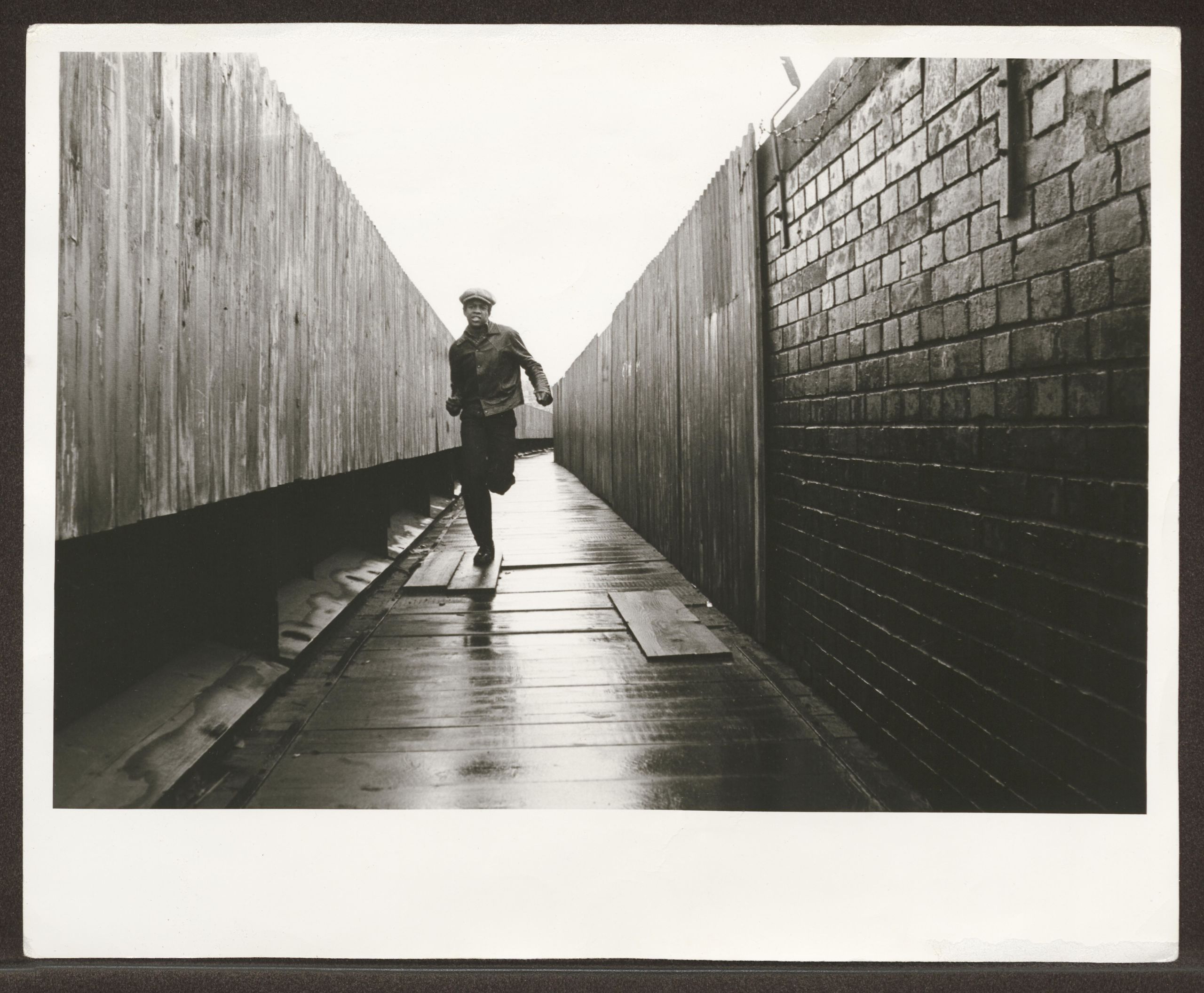
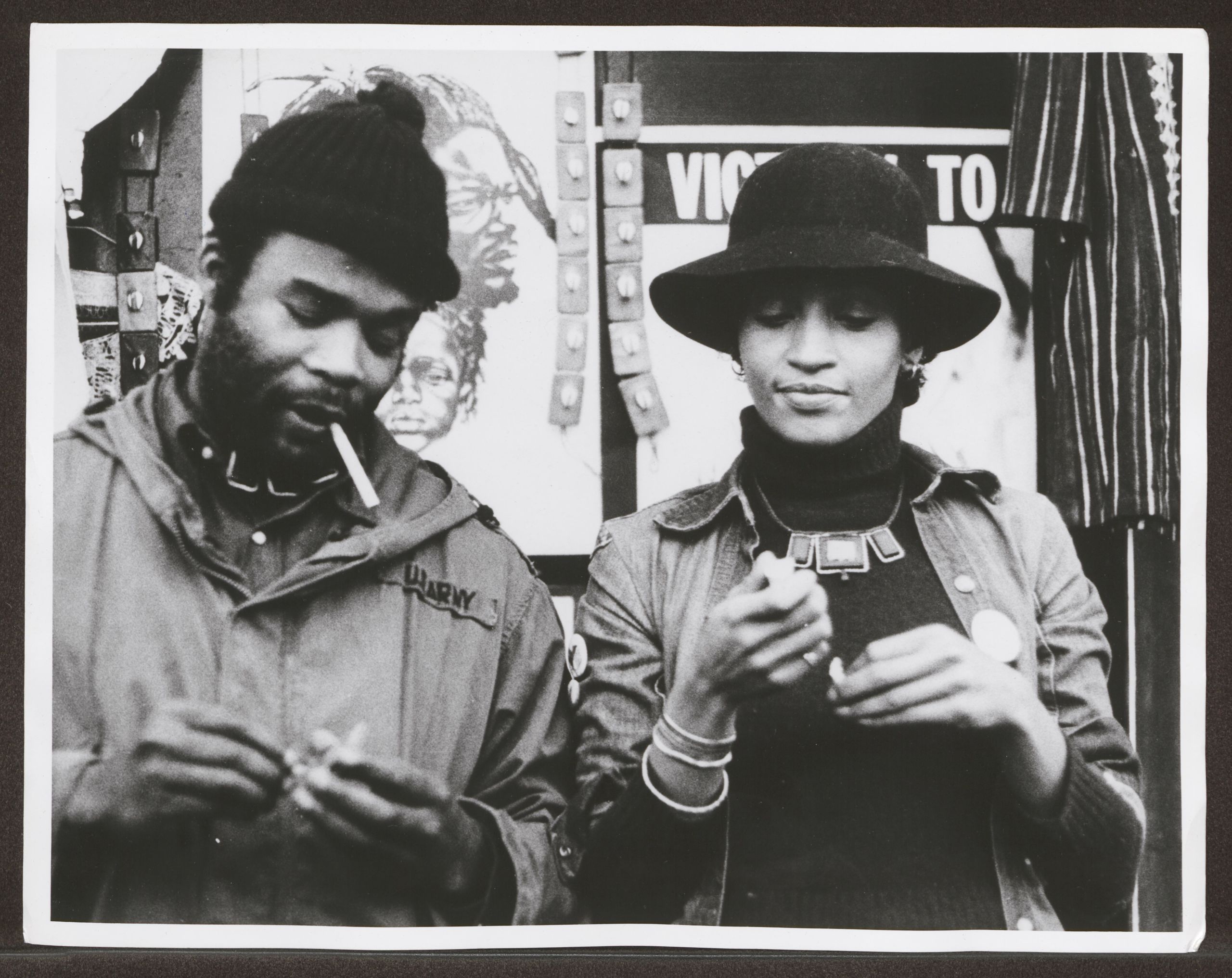
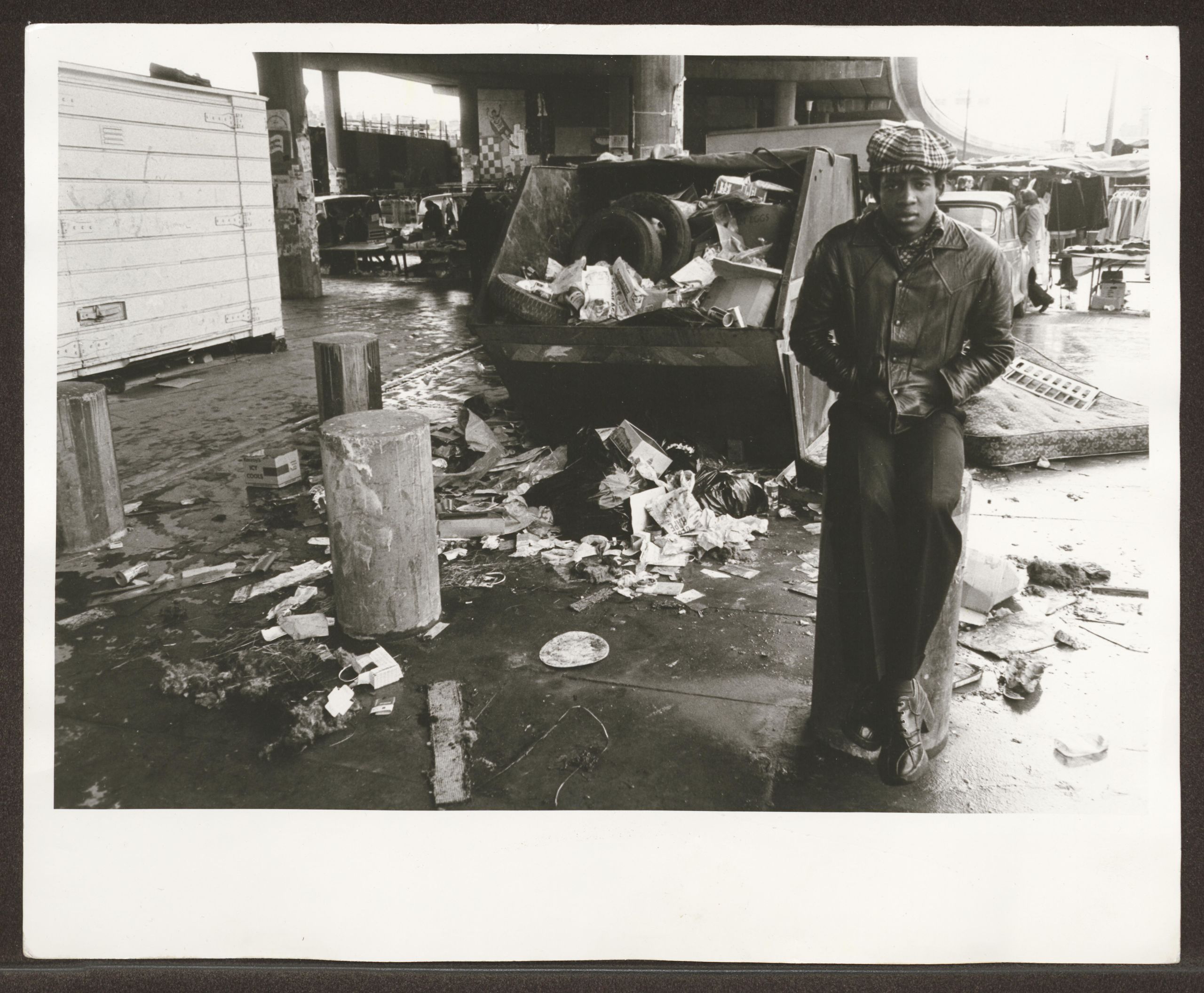
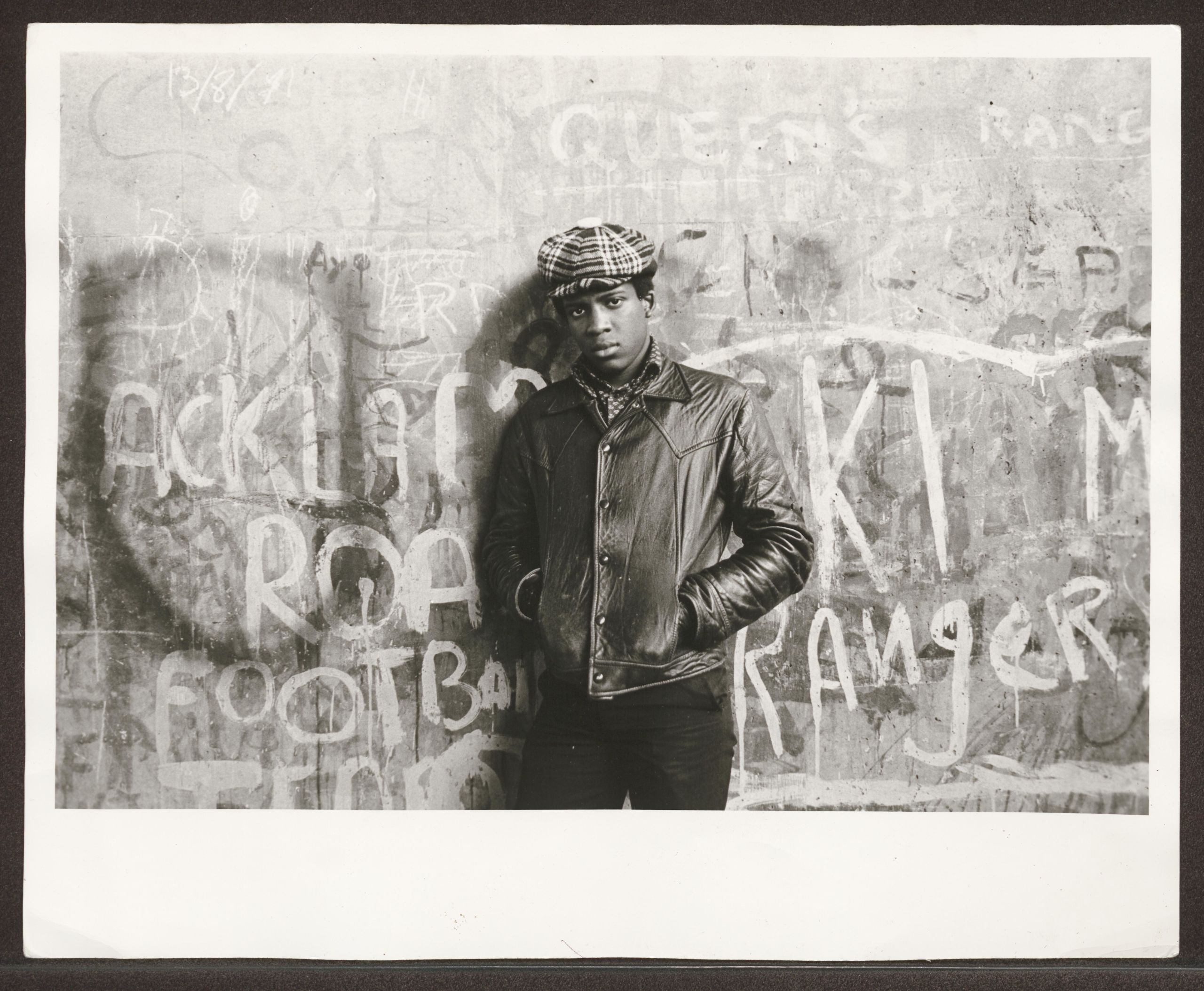
Ové was born in Belmont, Trinidad and Tobago, in 1939. He came to Britain in 1960 to study painting, photography and interior design. After working as a film extra in Rome, he returned to London to study at the London School of Film Technique. Ové now lives in the Caribbean, working there and in the US.
Find out more:
- BFI Screen online guide to Pressure
- Barbican’s ScreenTalks Archive: Horace Ove on Pressure
- Birkbeck Institute for the Moving Image’s Introduction to Pressure: A Tribute to Horace Ove
- Birkbeck Institute for the Moving Image’s Talk: The Cultural Politics of Horace Ove
- Somerset House blog: Horace Ové and Notting Hill Carnival
The copy in this summary is from BFI.
Images ©BFI National Archive
